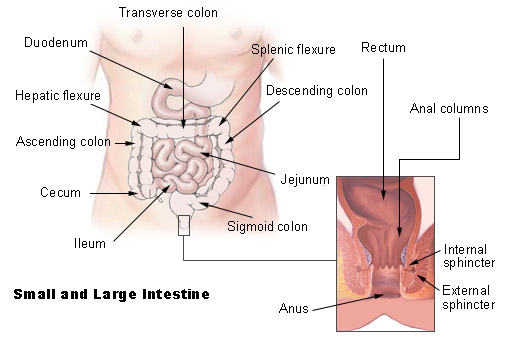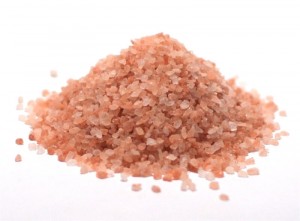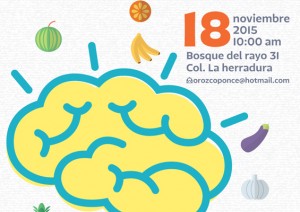
In a recent study published in the American Journal of Gastroenterology, it was shown that there is an increased risk of severe intestinal inflammation with use of proton pump inhibitors (PPIs) and non-steroidal anti-inflammatory drugs (NSAIDs). Although other drugs have also been implicated in causing a condition known as microscopic colitis, it is these two categories that are statistically most relevant.
PPIs are taken to treat acid reflux or gastro-esophageal reflux disease (GERD). They work by decreasing the amount of acid in the stomach, which serves important functions in the digestion of food and maintaining a good microbial balance within the intestines. This is a very frequently prescribed drug within North America and Europe.
NSAIDs are among the most common pain relief medications in the world, are usually available without prescription, and are also taken widely by the populations in many countries.
These two groups of drugs are believed to adversely affect the bowel integrity, microbial balance, and colonic permeability. A common symptom in the case of microscopic colitis is persistent watery diarrhea.
While certain medications can certainly be helpful in acute situations and for short term use, addressing the underlying causes of malfunction seems to me to be an intelligent approach. There are causes for the symptoms (reflux and pain) that precipitate the taking of these drugs. It is best to discover and address those underlying problems rather than simply to suppress the symptom. There are always consequences to be paid for turning off or altering a natural body function.
Previous articles here have addressed the common problem of reflux. Pain is often the result of inflammation somewhere in the body, and underlying GI or gut dysfunction very frequently is contributing to that inflammation and resulting pain. If you, or someone you care about, has been overly reliant on these medications, consider working with a nutritionally or natural-oriented healthcare professional to determine the underlying causes and suggest non-drug approaches.




